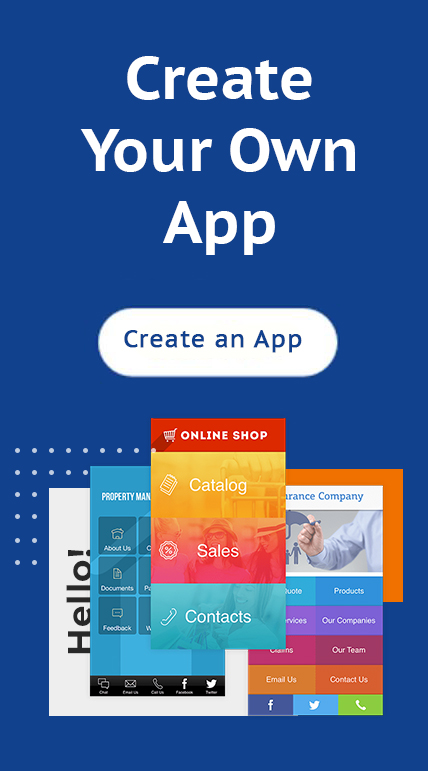5 Ways To Make More Money With Your Mobile App Reseller Program
If your mobile app reseller business stalls, there’s a solution for boosting revenue. Even if you’re on track to beat out last quarter’s projections, there’s still room for improvement. A mobile app reseller program is a wonderful option for agencies to provide extra value to clients or to run a development firm focused solely on app design. At some point, however, you may hit a plateau or feel like you need new ideas to make more money with your mobile app reseller program.That’s why I’ve identified some of the common opportunities and problems you may encounter when building and reselling apps to clients.
Use this guide to help form strategies into the future and to align your thinking with that of a seasoned marketer. It might mean the difference between a highly profitable mobile app reseller program and a stagnant one!
Develop a Targeted Marketing Plan
You may have the best app building program, developers, and creative minds on your team, but all that’s useless if it’s difficult for potential clients to learn about your services.That’s why a marketing plan is crucial for new and mature businesses selling apps.
Mobile app revenue and downloads continue to increase on a global scale. Not all of them in this data are B2B apps, but it still shows us that the market is growing at a rapid, consistent pace.
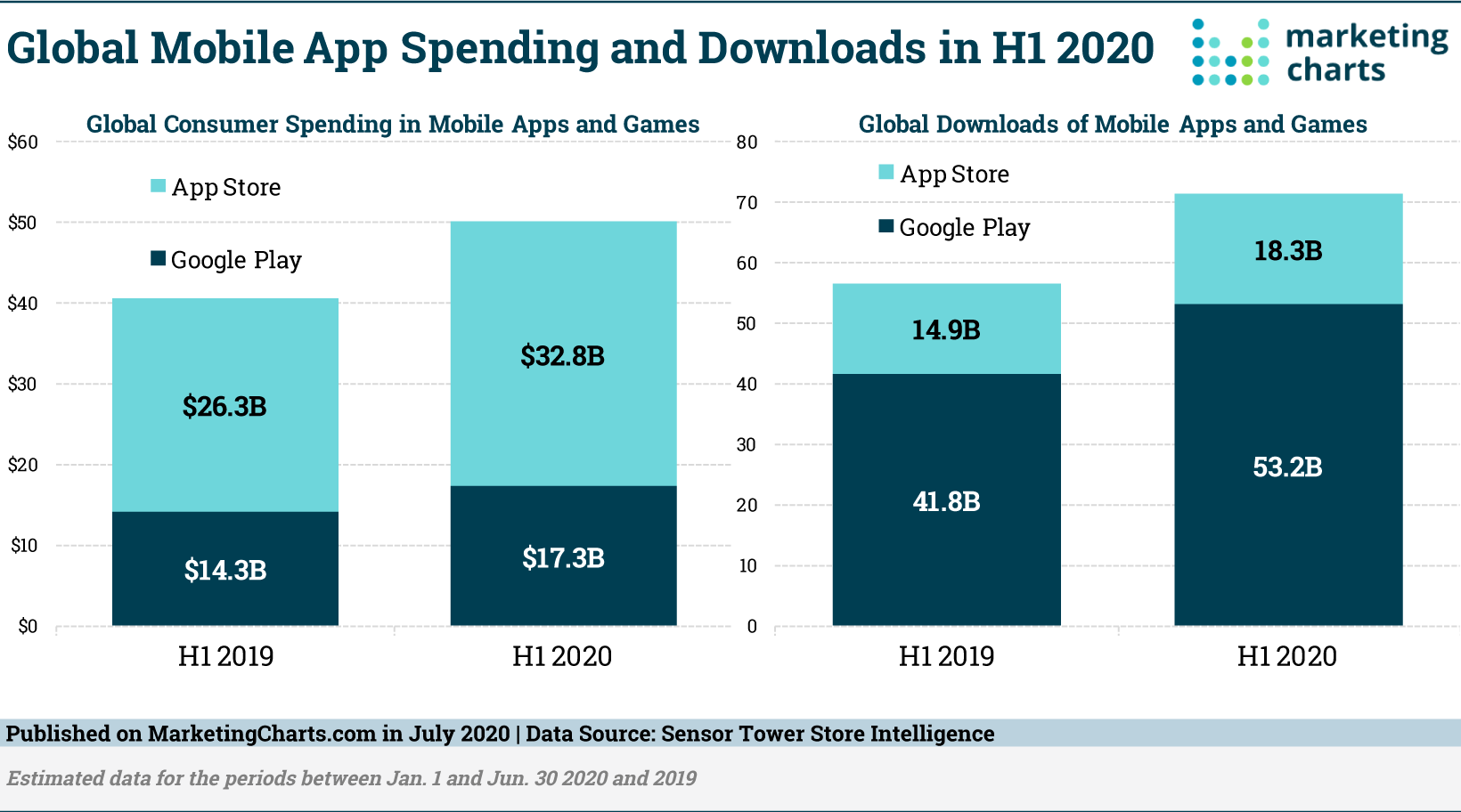
Even though it makes sense for a seasoned app reseller to feel satisfied with revenues, there’s always room for improvement. And a solid marketing plan – regularly rethought and implemented – is a surefire way to keep your business growing.
The good news is that running a mobile app reseller business doesn’t take a massive upfront investment. Not to mention, the ongoing costs should remain on the low side.
Because of this, you can open up your wallet for additional digital marketing efforts like the following:
-
● A faster, conversion-friendly website.
● Targeted social media advertisements.
● Organic publicity through keyword-targeted blog posts.
● Email marketing efforts.
● Targeted SEO.
● Video marketing with tutorials.
It’s not necessary to indulge in all of these marketing options. Yet, choosing one or two to learn about and expand upon on a quarterly basis ensures you’re remaining vigilant with bringing in new clients.
Be sure to focus on digital marketing tactics as opposed to printing out another set of business cards or putting a billboard up in town. In addition, utilize every aspect of target marketing available to you.
Each of the recommendations listed above, from social media advertising to email marketing, provides impressive targeting tools to locate small business owners, entrepreneurs, app developers, or even client niches like churches or bands.
Targeting, when combined with personalization, allows for a marketing and advertising environment that potential clients respond to.
Offer Comprehensive Onboarding and Content Training for Clients
A marketing pitch to a new app agency client may include elements like the following:-
● Affordable monthly pricing.
● Branded mobile apps.
● Functionality catered to specific industries, like booking systems for restaurants and portfolios for photographers.
● Conversion-boosting measures like lead generation modules and email marketing.
● Free publishing to the major app stores.
● Full control over the mobile app.
● Monthly analytics for seeing how their customers use the app.
● Direct support from a developer.
That all sounds excellent, but what about on-boarding? And after that, what next?
An effective way to ease worries about a new system is to sell your services with the extra add-on of onboarding materials, training, and guidance throughout the initial days of launch.
Here’s an example of an onboarding program:
-
● Two hours of one-on-one training for the primary user.
● One hour of training for up to three additional employees.
● Access to 1,000 articles of support documentation.
● Weekly hour-long calls for the first month to ensure everything is running smoothly.
● Tutorials on logging in, using the app, adjusting content, checking stats, and working with advanced tools like booking modules.
Continual assistance improves your relationship with current customers, but it also serves as a selling point for those who are undecided about buying your service.
That’s why I recommend including an in-depth content plan for clients, along with a monthly check-in call to go over their efforts to utilize new or repurposed content on their mobile app.
And remember, some content generates more leads than others.
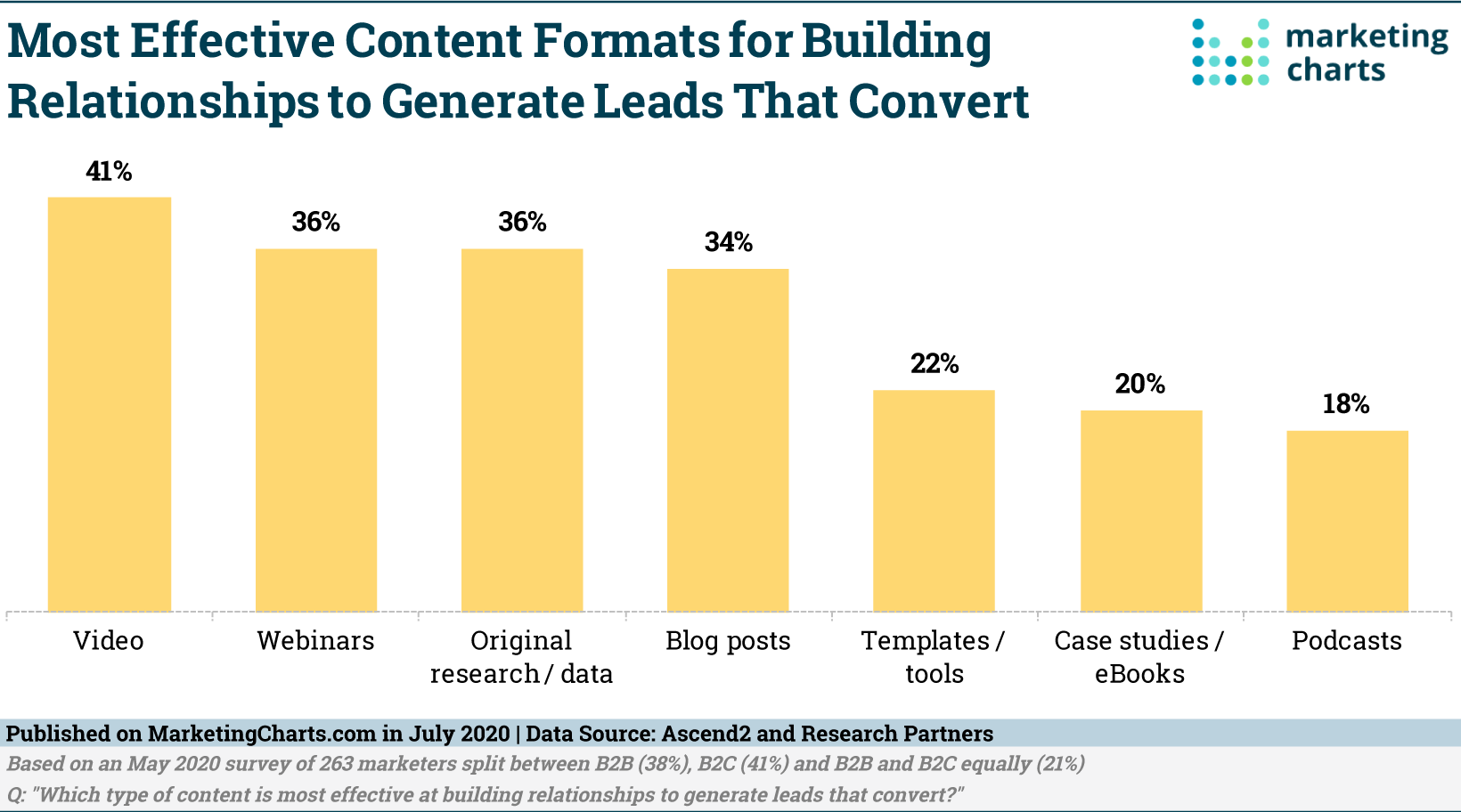
Therefore, construct a guide that walks clients through the talking points of things like webinars, blog posts, and podcasts. Even if they never make their own content for their mobile app, a content strategy and monthly call show potential clients that you care.
Reevaluate and Adjust Your Pricing Strategy
White label app builders usually charge a monthly fixed rate, allowing resellers to choose how much profit they’d like to make.For instance, let’s say an app builder platform with a reseller program charges $449 per month for you to create and sell 30 apps.
Simple math shows us that charging customers anything above $449 per month renders a profit for you, minus any other costs you have.
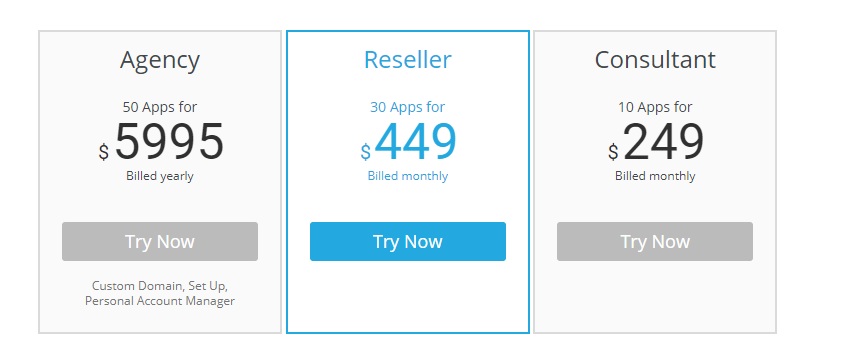
Let’s say you’d like to make a profit of $20,000 per month.
The cost to you is $449, regardless of how many clients you have. Therefore, to reach a profit of $20,000 per month, we take $20,000 + $449 = $20,449, then divide that by 30, or however many clients you plan on having.
At the maximum client count of 30, that means charging $682 per client per month not only covers the cost of the app builder, but it reaches your $20,000 per month profit goal.
That’s a fine strategy for your own purposes, though it doesn’t take your clients into consideration.
-
● Are they willing to pay this amount per month?
● Will every client have the same needs?
● Will long-term clients expect better rates?
I recommend a tiered pricing strategy based on feedback from agency clients and research of similar businesses. If a client wants more features, support, or functionality, they upgrade to a higher plan. This accommodates the wide range of potential needs from clients, and you can get creative with cheaper long-term plans, custom plans, and more.
Hone In On a Niche
An app-building agency needs a focus, similar to a photographer, writer, or event planner. This focus, or niche, makes it easier to market your brand and show that you’re an expert in one or two areas, not spreading yourself too thin with various types of clients.It seems counterintuitive at first, but think about it:
-
● A niche allows you to narrow down your search for clients, instead of typing “small businesses near me” into
Google.
● A niche puts you at an advantage with competitors. You add value by knowing the development needs of similar businesses, instead of trying to work with everyone.
● A niche builds credibility in one industry, leading to referrals.

It all depends on your location, desires, and ability to cater to the niche, but here are some areas to consider that may have plenty of small businesses in your proximity:
-
● Real estate agents.
● Churches.
● Restaurants (or even specific restaurants, like sports bars).
● Hotels and motels.
● Entertainers like podcasters, bands, and artists.
● Schools and universities.
● Lawyers and accountants.
● Retail shops (or more specific, like flower stores).
● Bloggers or publishers.
Nurture Your Leads With a Sales Funnel
If you’re unaware of how your sales funnel works, or you know that one doesn’t exist, that’s a problem.You may have been able to cold-call local businesses or post Google Ads in the past, but the idea is to configure a sales funnel that not only captures leads but nurtures them into the client process.
Although app builders like iBuildApp provide sales and monetization tools like payment plans and website building, additional work is required.
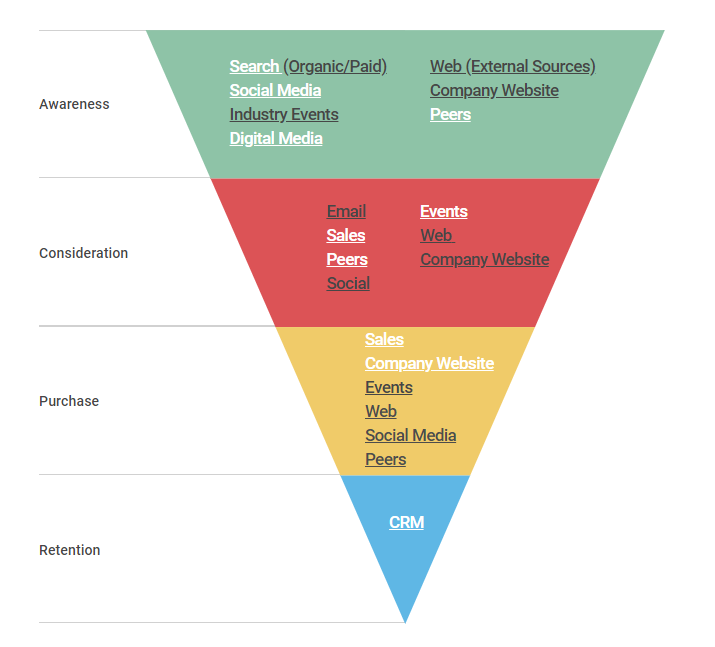
The Elevation Marketing digital sales funnel touches on four stages of your funnel:
-
1. Awareness
2. Consideration
3. Purchase
4. Retention
All potential leads enter the funnel at different points, occasionally as curious minds through an organic search, while other times companies find you through referrals, events, or social media.
Regardless, most people won’t hear about your company and then decide to spend hundreds of dollars per month without thinking about it for a rather long time.
The real sales world works by following up, nurturing, answering questions, and guiding potential customers to the finish line, which is your contact book as a paying customer.
Are You Ready to Make More Money With Your Mobile App Reseller Business?
From developing a solid marketing plan to establishing a sales funnel, all of these elements for making more money in app reselling only work when you dedicate time to them on a regular basis, say every quarter or month.I encourage you to bookmark this page to reference back to it and let us know if you have any questions about making money through the iBuildApp Reseller Program.
